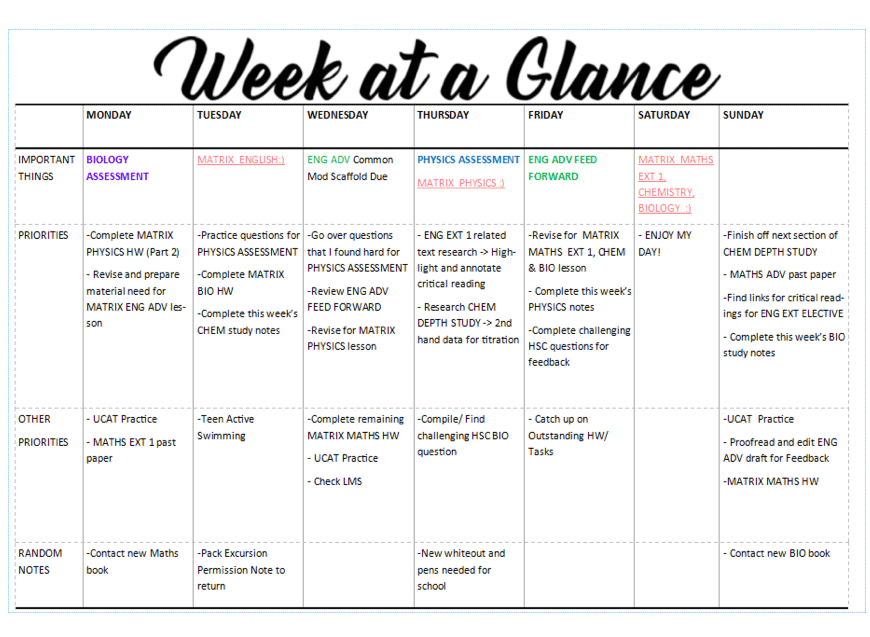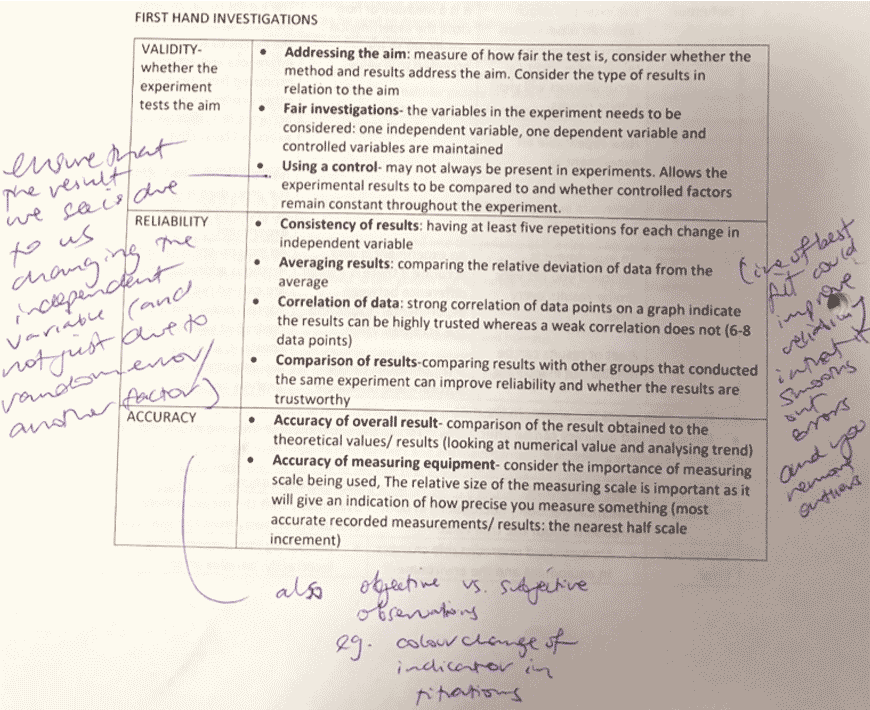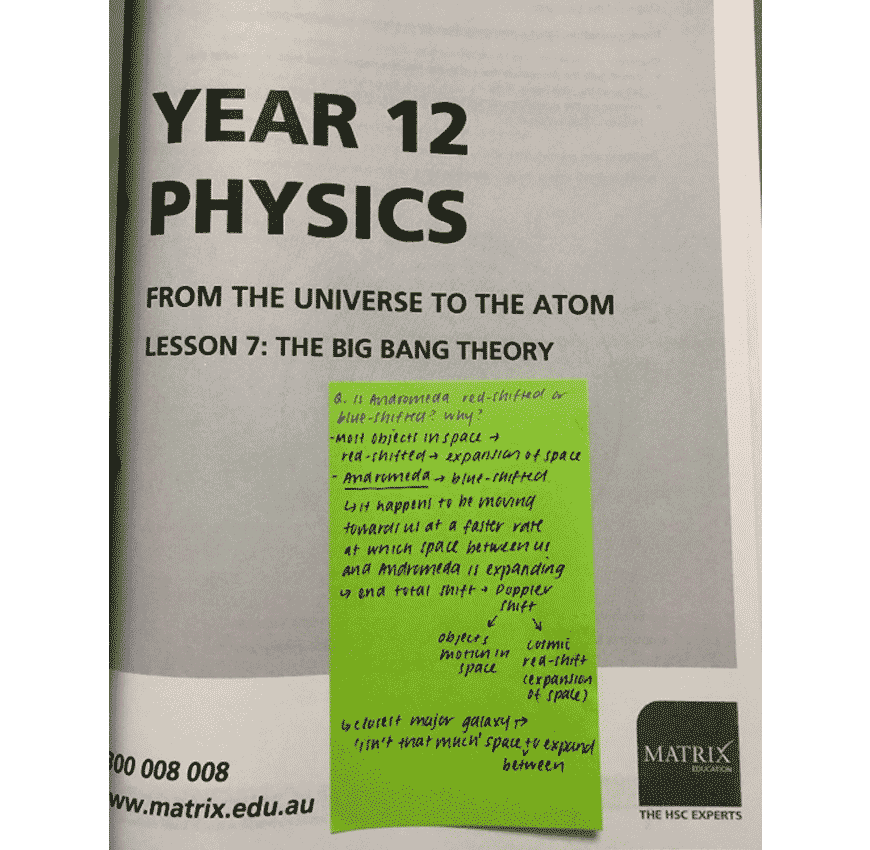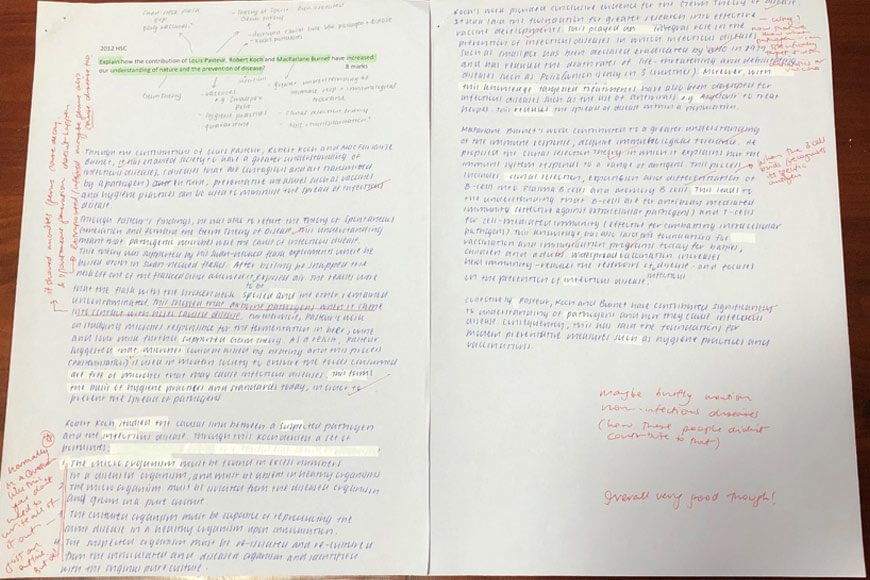Welcome to Matrix Education
To ensure we are showing you the most relevant content, please select your location below.
Select a year to see courses
Learn online or on-campus during the term or school holidays
Learn online or on-campus during the term or school holidays
Learn online or on-campus during the term or school holidays
Learn online or on-campus during the term or school holidays
Learn online or on-campus during the term or school holidays
Learn online or on-campus during the term or school holidays
Learn online or on-campus during the term or school holidays
Get HSC Trial exam ready in just a week
Get HSC exam ready in just a week
Select a year to see available courses
Science guides to help you get ahead
Science guides to help you get ahead
Are you always doing your assessments last minute? Are you always cramming the night before exams? Well, read this article to find out how you can change this to save unnecessary stress!

Join 75,893 students who already have a head start.
"*" indicates required fields

Join 8000+ students each term who already have a head start on their school academic journey.
Sefton High School graduate and Matrix Alumni, Kaitlyn Ngo, shares her top tips to stay organised by using HSC study timetables and getting ahead in her studies.
Kaitlyn Ngo
Sefton High School
I have always dreamed of having a job in the medical field. This arises from my passion and enjoyment of Biology, Chemistry, and Physics.
My best performing subjects were Biology and English (Advanced and Extension 1).
My worst performing subject was Maths Extension 1.
Preparing for the HSC marathon requires motivation, time and the occasional fun!
Remember, study smart NOT study hard!
These were the techniques I used to conquer my HSC:
Being aware of the amount of work I could realistically complete in one day enabled me to divide my assigned tasks efficiently and effectively.
I created a spreadsheet to organise my to-do lists throughout the year.
This allowed me to designate reasonable components of work to specific days, whilst also being aware of upcoming assessments and my weekly Matrix lessons.

I also encouraged myself to make mental weekly mini-goals such as ‘ Finish my Chemistry Depth Study Practical Notes’ or ‘Be ready and prepared for next week’s Biology and Physics Tasks’.
These small manageable goals ensured that I was motivated throughout the week to complete the tasks that I assigned.
Furthermore, I made sure these mini-goals would contribute to my overall HSC goal:
‘To work the best of my ability and finish my HSC year with no regrets!’
Throughout my HSC year, I summarised the concepts and contents studied in class after each weekly Matrix lesson. This ensured that I didn’t fall into the vicious cycle of ‘cramming’.
You will find that writing notes is especially important for Chemistry, Biology, and Physics as you can effectively address each syllabus dot point.
I was able to recall important aspects of the class demonstrations and experiments that were regularly assessed in my school exams and the HSC.
Personally, weekly self-typed notes for each subject were the most effective!
At the conclusion of each term at Matrix, I would spend my holidays refining my completed module notes by using them to answer a variety of exam-style questions.
In some cases, I would also hand in my notes to my Matrix teachers for feedback on areas that needed clarification.

One of the most powerful tools of the HSC is asking questions.
Sure, asking questions comes naturally for some. However, for others who are shy or fear being judged for a ‘stupid/silly question’, my advice to you would be:
Don’t be shy! Ask the question now rather than regret later.
For me, asking questions was a way to clarify my doubts on concepts or difficulties in the homework book.
It also allowed my Matrix teachers to help me strengthen my weaknesses progressively!
Remember, don’t pile up your questions and bombard your teachers with them a week before the exam! ☹
Furthermore, whilst completing homework, I would write my questions on a Post-it notes and stick in on next lesson’s page.
This way, I was able to clarify my queries during class revision time, the breaks or after class!

Feedback from my Matrix teachers was another very helpful method that helped me continually improve.
For English, I regularly submitted drafts of essays, discursive texts or creatives. My teachers would return them with enlightening suggestions to strengthen my arguments and refine my writing style.
For my Sciences, I handed in long-response answers and answers to difficult HSC style questions. I always received reassuring suggestions on ways to build a Band 6 response.
Notetaking is an extremely beneficial tool in Year 12. It had enabled me to make the most out of my time at Matrix.
By engaging by notetaking in all my Matrix lessons, I was able to gain insightful tips along my HSC journey such as:

For assessment tasks, I aimed to maximise the marks by:
My draft and refining process included planning adequate time to compose writing drafts, question answers or notes before my assessment.
For each of my assessment tasks, I aimed to finish the task at least 3-5 days prior the official due date.
This gave me an opportunity to read through my task and continue to perfect and refine my responses. Ultimately, it helped minimise marks lost due to small errors.
Similarly, for assessments requiring preparatory notes, this method enabled me to use my notes to answer practice questions and refine my notes accordingly.
By utilising these tools, I was able to perform well and achieve my personal best in my school assessments.
I was ranked 1st or top 10 in numerous school assessment tasks. This was a great confidence builder and source of motivation.
After each exam cycle, I revisited these study techniques. I would reflect and readjust these study habits for upcoming challenges and exams!
Allocating time for me to step away from the demands, pressures, and stress was a crucial component towards successfully completing the HSC and preventing the infamous ‘HSC burnout‘.
To relax and de-stress I engaged in the following activities:
The few days leading up to the HSC exams were the most anxious and stressful.
Personally, the most effective way of coping with stress was speaking up about it to my support network (parents, teachers and friends) and ensuring I was well-rested.
I can gladly say I do not have any regrets. During my HSC, I was enlightened by an analogy shared by my Matrix teacher:
“You should treat your exams (and life) as if you are driving a car; you spend 95% of the time looking through the front windows and only 5% of the time looking through the rear-view mirror… otherwise you crash.”
We all need to take a moment to reflect. We shouldn’t dwell on our mistakes and regrets, but instead, look ahead and focus on what’s coming in the future.
Learn from your mistakes! Take a deep breath and move on!
Studying shouldn’t stop because you’re at home! With Matrix+, we provide you with clear and structured online lesson videos, quality resources, and forums to ask your Matrix teachers questions and for feedback.
Try Matrix for free!
Experience the Matrix advantage for yourself, risk-free. Book a free trial and join a class!
Written by Guest Author
We have regular contributions to our blog from our Tutor Team and high performing Matrix Students. Come back regularly for these guest posts to learn their study hacks and insights!© Matrix Education and www.matrix.edu.au, 2025. Unauthorised use and/or duplication of this material without express and written permission from this site’s author and/or owner is strictly prohibited. Excerpts and links may be used, provided that full and clear credit is given to Matrix Education and www.matrix.edu.au with appropriate and specific direction to the original content.